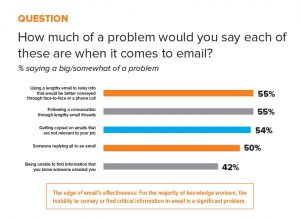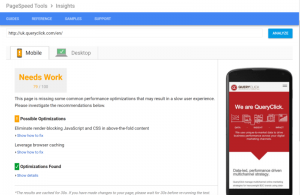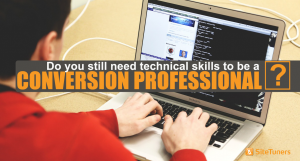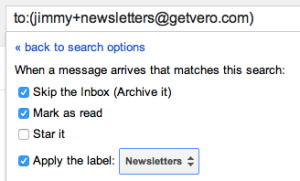
I had a conversation this week with a few publishers who were talking about how they use Facebook. A common theme arose, which was “should I love or hate Facebook?” My answer, (a bit tongue-in-cheek,) was “Yes.” If you are a local publisher, there are reasons to both love and hate Facebook. Ask yourselves these questions to help understand how you might want to use or view Facebook.
How do readers find you?
First, I know that many local publishers get a lot of hits on their site from posts they make on Facebook. And that makes them feel good, because without those hits, their site would have a lot fewer viewers. But are those Facebook viewers good hits? When we review Google Analytics with local publishers, we tend to find that the time on site for Facebook posts is very low, and the bounce rate (the number of people who leave the publisher’s site after viewing that one post) is very high. That means that these readers are clicking on your post in Facebook, reading for a short time about that one article, and leaving. No clicking on ads… no viewing other pages… no engagement with you at all. That’s not good. It’s a reason you think you should love Facebook (e.g. they send you more page views) but you really should hate them (they are sending you un-engaged readers).
Who Trusts What?
Last month, BuzzFeed ran a survey where they found that as little as 18% of people trust news on Facebook most of the time. Yet, 55% of the people surveyed said they do get news from Facebook. So, they are getting news from a medium they don’t trust! By contrast, 74% of the people surveyed said they trust news coming from their local newspaper. One of the conclusions raised was that, given the volume of sources of news that Facebook exposes, it’s hard to know if any of the news is credible. Being a credible source of local news is everything you stand for. So, isn’t it troubling that you primarily share your news on a site that less than 1 in 5 people find trustworthy for news?
Own Or Rent?
Call us cynical, but we also wonder about the new Facebook Journalism Project. Everything we read there seems to indicate they’ll provide assistance for publishers that want to expose their news on Facebook – so Facebook gets the benefit of the audience and then determines what percentage of that benefit should go to the publisher. I’m not sure that’s in the best interest of a journalist, especially if they want to build their own brand.
This comes back to the oft-cited “own vs. rent” discussion – is it better to own a platform (albeit one that has less traffic), or “rent” on an existing platform that is already very well known and populated? It’s certainly cheaper up front to rent, but you build much more equity when you own. There’s no single answer to this and a matter of style, but the analogy is spot on. If you own your own home, why don’t you rent? Your reasons are likely directly attributable to why you should own your own platform (and vice-versa if you prefer renting your home vs. owning).
Are You In Coopetition?
Finally, I was listening to the new LION Podcast series where Scott Brodbeck and Howard Owens were talking about Facebook. Scott mentioned that he believed Facebook is somewhat complementary to local publishers. That may be true, but he and Howard also discussed how Facebook is more daunting than Google Ads, especially since the advent of Facebook business pages. And there is the rub – Facebook is building features to engage every single person and business in your community. If you are not doing the same thing, you will always be at a disadvantage to Facebook.
Scott also mentioned that they use Facebook’s content and present it in a better way on their site. That approach seems better to us since the content is on your site natively, but once Facebook figures out this is being done, they will make it harder (or more expensive) for you to keep doing it. So our opinion is that you should be figuring out how to grab that content directly. You can’t lose what you already own.
Our conclusion is that Facebook is indeed both friend and foe. This is sometimes called “Coopetition” – someone you compete and cooperate with. As a publisher, you should learn how to best curate the local content Facebook creates and make it available on your own site. At the same time, you should quickly figure out how you can gather this content on your own, without Facebook. And most of all, don’t rent the Facebook audience, own and grow your own audience.
Digital & Social Articles on Business 2 Community(51)







